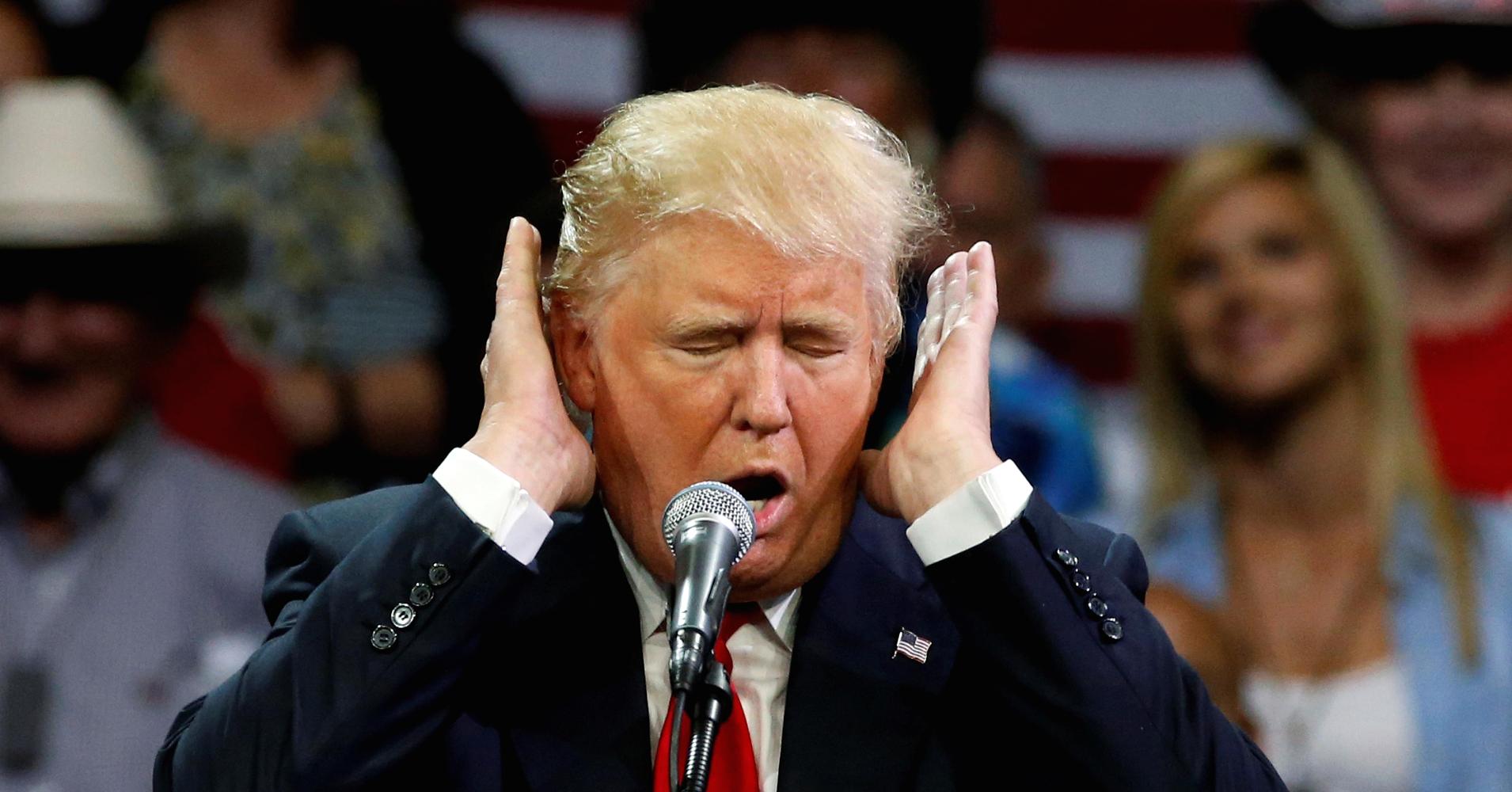Expert of the German Council on Foreign Relations (DGAP) Daniela Schwarzer commented on the complicated relations between the EU and the US under President Donald Trump. According to the political scientist, Europe's concern about Trump and his policy regarding NATO is not unfounded. Schwarzer recalled that previous administrations of the White House invariably noted the US strategic interest in the stability and security of Europe. There have been yet no such statements from Donald Trump. The DGAP expert drew attention to the completely different Trump's logic: "Europeans must pay us for their safety." The predecessors of the US president were guided not so much by the financial aspect, as by the strategic interest of the Americans themselves in European security.
According to Schwarzer, his intention to significantly limit the financial allocation to the countries of the 'Eastern Partnership' should be considered another evidence of the decline in US interest in European security after the election of Donald Trump as President. The "eastern partners" of the European Union could have serious consequences due to it, and therefore the EU needs to take on more responsibility.
Against this background, there is a growing awareness in the EU that Europe must be able to protect itself. As the DGAP expert notes, after the elections in Germany and France, these two countries can come up with joint bilateral defense initiatives, which could become the foundation for the creation of a European army. However, there are forces in the EU that oppose such ideas. In particular, we are talking about Poland, which traditionally refers to the idea of creating an army of the EU with skepticism, believing that the duplication of military structures only weakens NATO. There is one more aspect that Berlin must take into account when strengthening its own military might: Germany is already perceived as an economic and political hegemon in Europe, and its buildup of military force carries the risk of further polarization in Europe and concerns of a number of EU countries regarding overly strong Germany. Therefore, the FRG should take a very cautious approach to this issue and act through the EU, Schwartzer said.
Daniela Schwarzer also noted that the debate over Germany's increase in defense spending will play an important role in the race for the Bundestag. The administration of Donald Trump gave an unambiguous understanding that it expects Germany to achieve the goal set at the NATO summit in Wales: an increase in the defense budget to 2% of GDP by 2024. Germany's attempts to attribute other budgetary items (development aid, humanitarian aid) to these 2%, in addition to purely defense spending, are unlikely to be understood in Washington. The expert predicts that the NATO will increase its pressure on Germany. The fact is that the North Atlantic alliance also does not want to anger Trump, worrying about the prospects for the military bloc.







